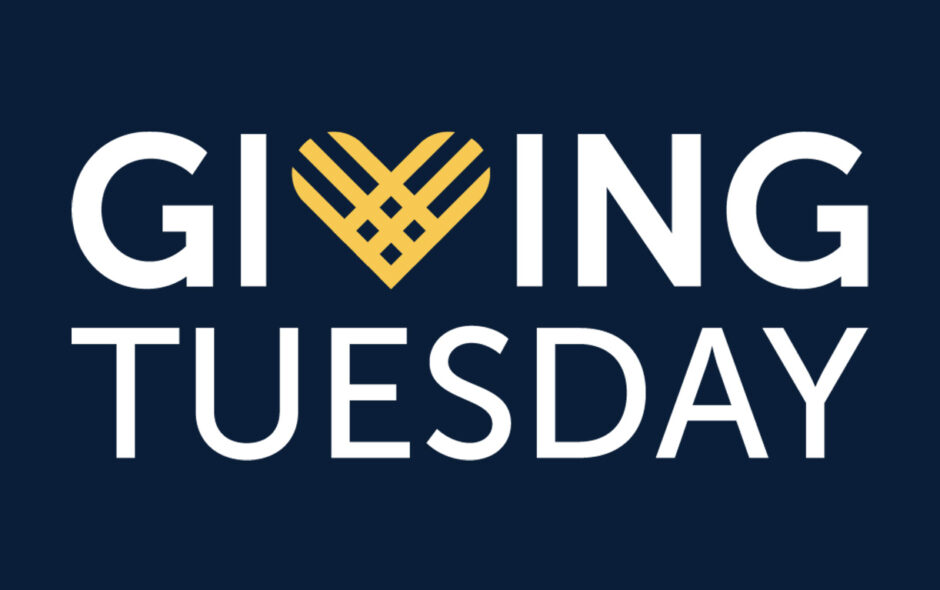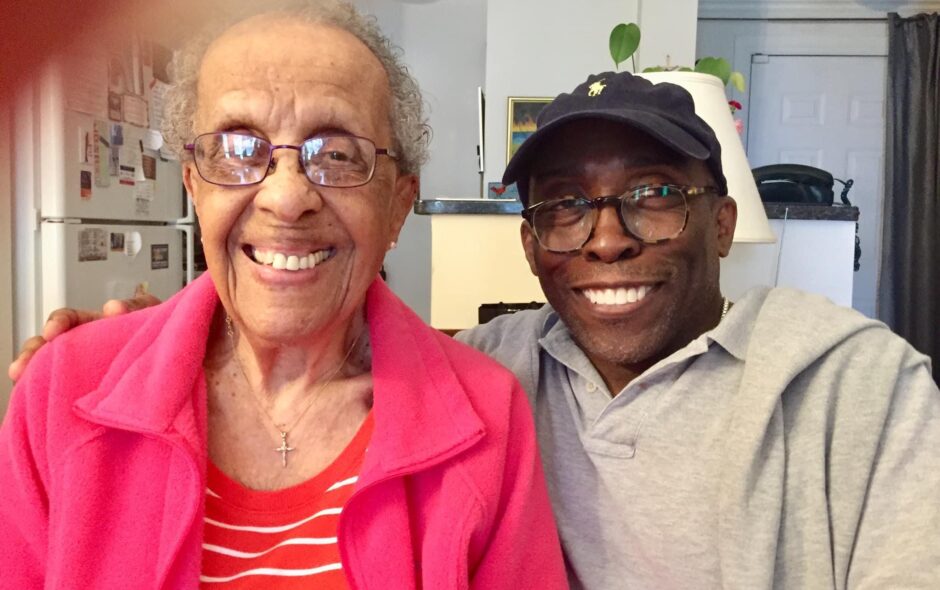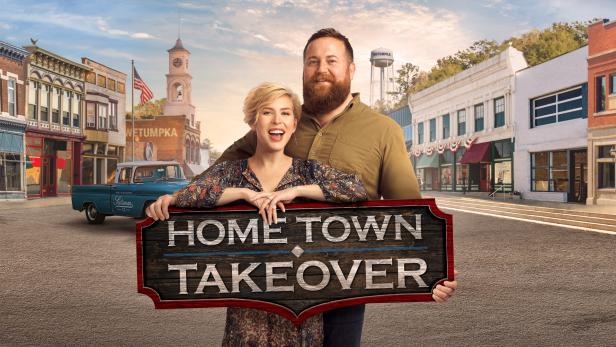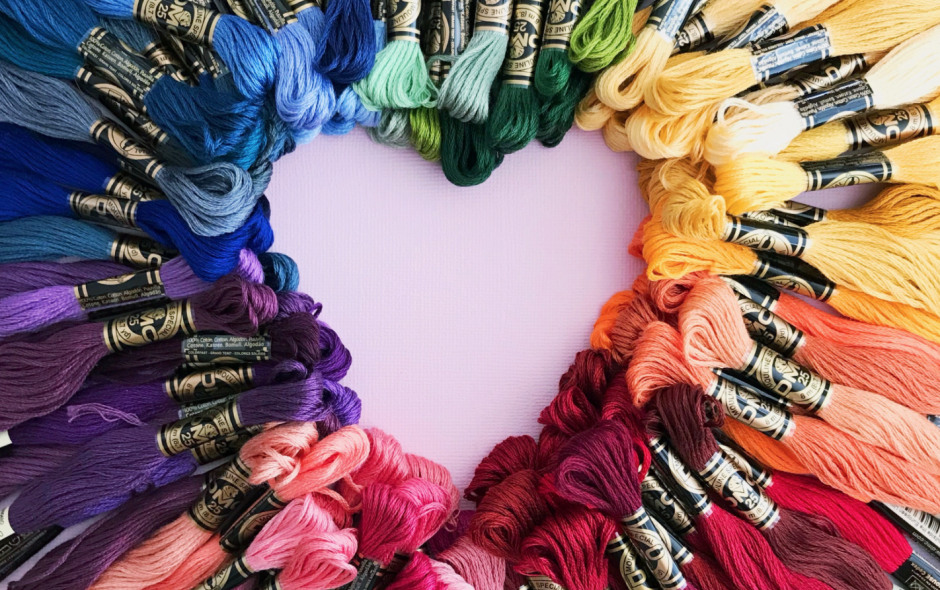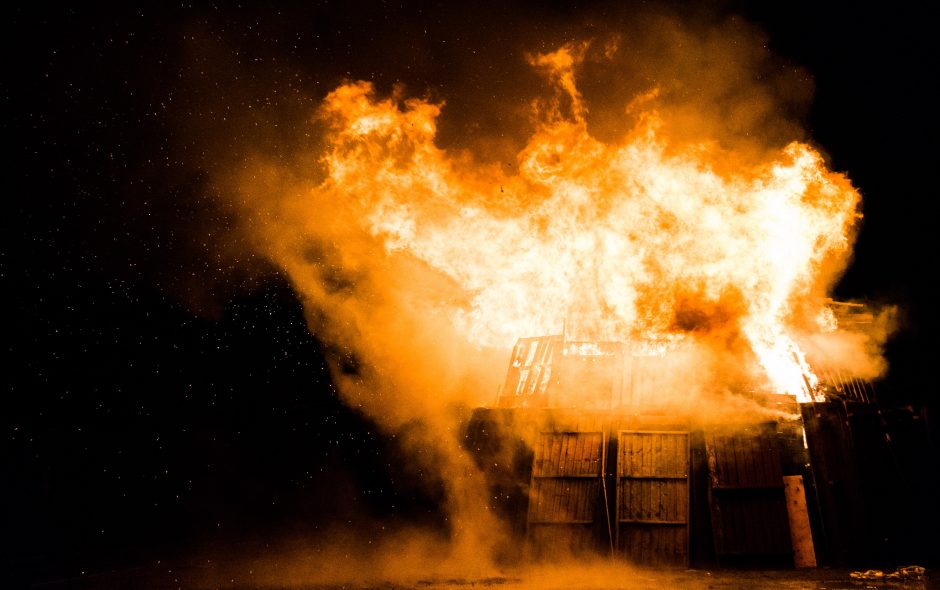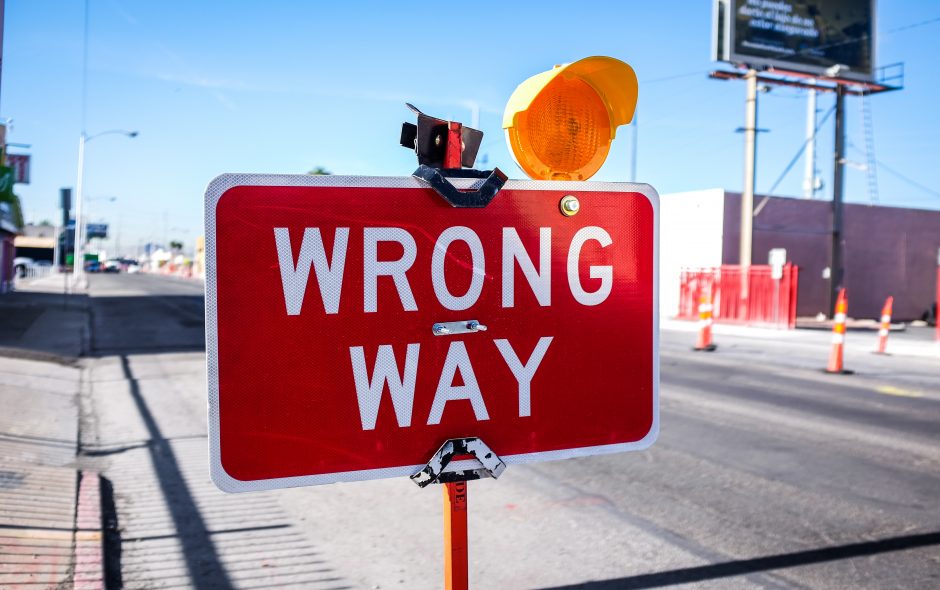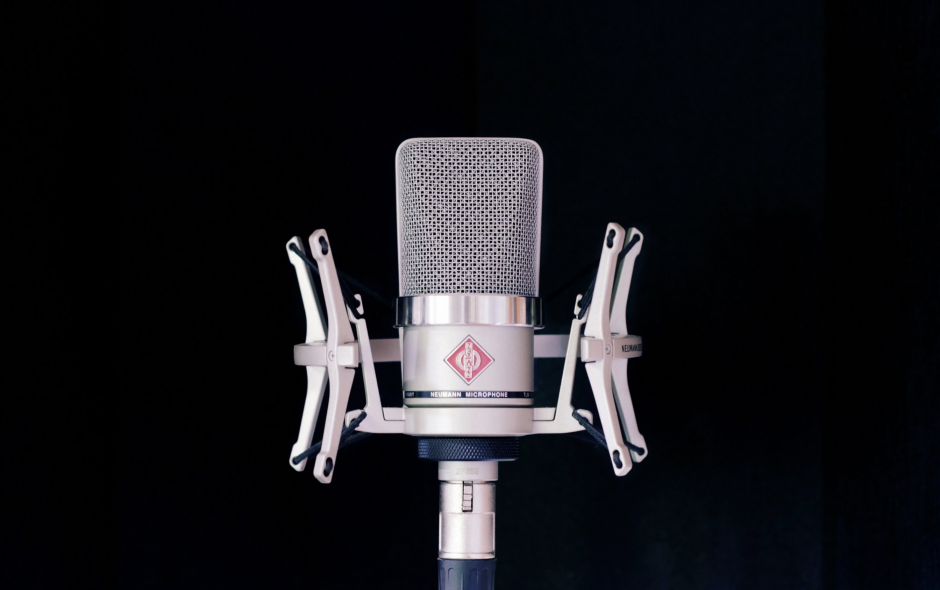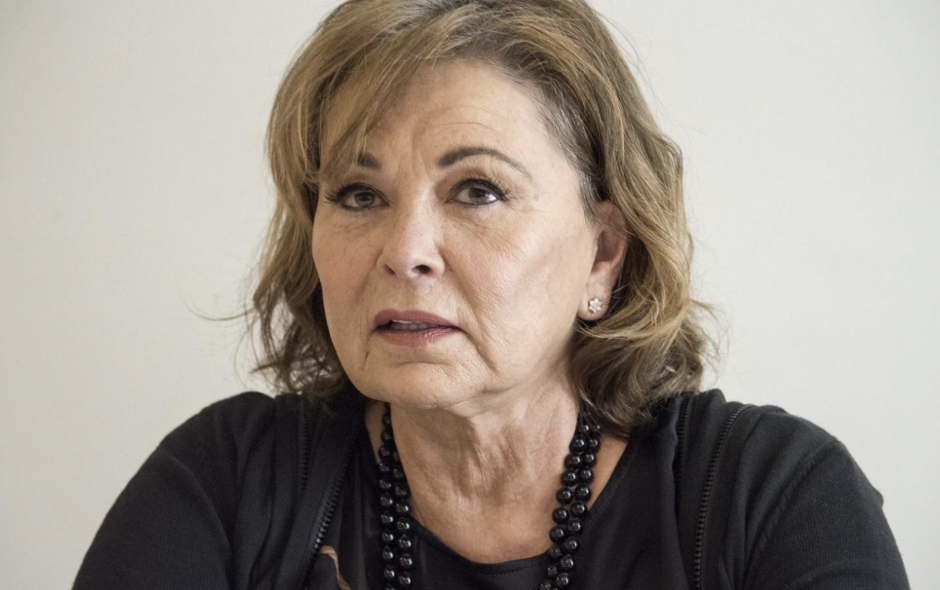I read an article recently in which the author posits, “ . . . hope is a longing for a future condition over which you have no agency; it means you are essentially powerless.”
In some situations, sure. If you regard hope akin to the rock Charlie Brown received in his trick-or-treat bag and don’t use it; hope will be precisely that, not because of its nature but because of the eye of the beholder.
But there are far more situations in which hope inspires us to be proactive.
Hope exists not to change our situations but to change us. Without it, we die.
Hope helps us find meaning in chaos. It’s the force that gives us the will to seek out the intangibles of love, peace, and joy. It is the fire that stokes our will to live.
I reject the notion that I surrender my agency by saying “I hope” for a particular outcome.
When I think back to our ancestors who lived and died as enslaved people and the inhumane circumstances they lived through, I am overwhelmed by the horror, terror, and sheer brutality of what they endured. But they made the best of what they had, and while they may not have “thrived,” their fortitude did not let them give up. When facing the gaping, raging mouth of death day in and day out, their hope for a better day for their descendants motivated them to persevere for our indisputably better day. Note I said “better” and not “perfect.”
Hope exists to prop us up, that golden thread humanity clings to to guide us through this broken and beautiful world.
I reject the notion that I surrender my agency by saying “I hope” for a particular outcome. When I utter the words in the first person present tense, I may not know enough about the situation to achieve the desired result.
“I hope to write a book one day.”
“I hope things go better for me on Mastodon than they did on Twitter.”
“I hope I get cast in that show someday.”
Some say that hope ceases to be when we realize the degree of agency we actually have. More agency, less hope? Again, I disagree.
I have uttered aspirations for things countless times. And those statements of longing were like seeds planted in the ground.
Hope can also act as the carrot on the stick, the prize that motivates us to take action. In the case of my hopes to perform in a show . . .
In 1991, I saw the Radio City Christmas Spectacular for the first time and instantly thought, ”I can do that. I want to do that. I hope I can get to an audition someday.” The likelihood of it coming to fruition was slim to nil. At the time, I had recently landed a job as a graphic designer with Disney University (the internal communications department for Walt Disney World). I placed the Radio City hope on my Bucket List.
Some say that hope ceases to be when we realize the degree of agency we actually have. More agency, less hope? Again, I disagree.
Eight years after seeing the Christmas Spectacular, I was in the right place, at the right time, and learned about the auditions for the show. Yes, I exercised a large amount of agency in securing an audition, but large amounts of hope were still necessary to get there on time. That fabled L.A. traffic. It’s a thing. A very real thing.
Before the actual audition, even though I felt prepared, there was always the chance the audition would be wildly challenging, and I wouldn’t perform well. Both high hope, almost to the level of anxiety, and high agency were in effect.
And then there was the worst part of an audition: the waiting. That phase was marked by high levels of hope but no agency. There was nothing else I could do to bring about my desired outcome. The results were entirely out of my hands. All I could do was – you guessed it – hope for the best. I thought I nailed the audition, but that was my subjective opinion. If you’ve worked in entertainment, you know roles can be cast for any number of reasons.
Shortly after the audition, I accepted an ideal position in a different career. Shortly after that, I was offered a role in the Christmas Spectacular, but the folks with the new position wouldn’t allow me time off to do the show, so I had to decline the offer. But the hope was still in the back of my mind.
Two years later, the ideal job ended abruptly, thanks to layoffs. Through a series of seemingly unrelated coincidences, my actions motivated by hope, landed me the gig! A whole B-Story of life lessons about patience, control, and just letting go ran concurrently with all this business, but I’ll save that for another time.
If I choose to no longer hope for something, it’s never because I didn’t need the hope.
From my debut in the Christmas show to my final performance on the great stage at Radio City Music Hall twelve years later, hope and agency worked in tandem, sometimes simultaneously; other times, one took the lead while the other took a break, and vice versa.
I say with absolute certainty that hope and agency are not sedentary rivals or adversaries but an inseparable and dynamic duo with different skills and functions.
As far as giving up on hope? First, let me be clear here. I never give up on hope. If I choose to no longer hope for something, it’s never because I didn’t need the hope. It’s because I’ve decided I didn’t need the object or outcome I hoped for, or the time isn’t right. In those instances, I fold my hope up and tuck it into my heart for the next time.
The TL;DR in all this is that hope can be a strong expression of faith that things will ultimately work together for good, even though it may not happen when we want. But for hope to be helpful, you have to put it to work. Let it motivate you to act when you can, and let go when you should. And more often than not, you will learn, grow, and mature in the process.
Love one another.

